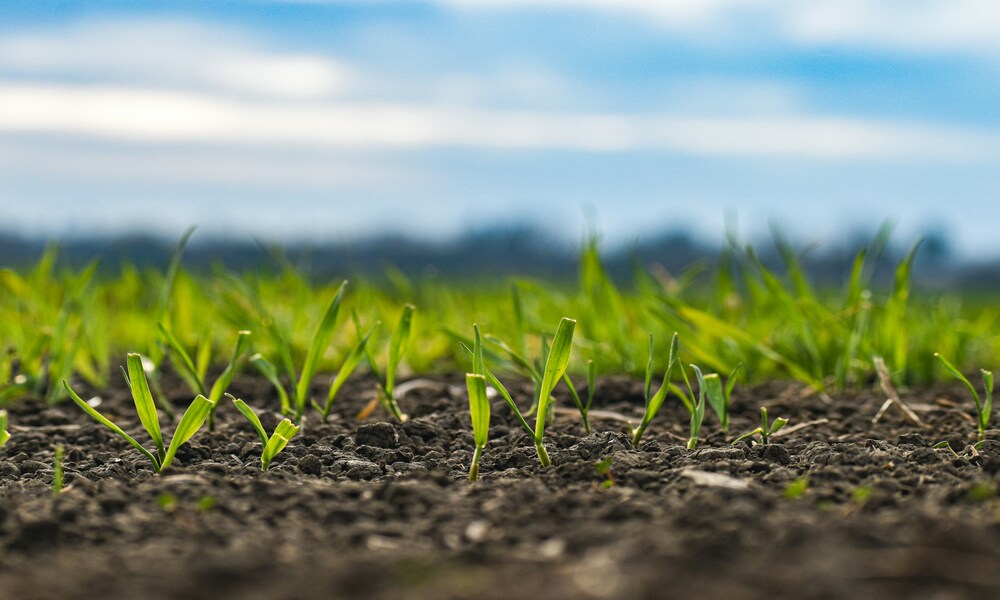Hi. My name is Daisy and I’ve recently graduated from the University of Plymouth with a bachelor’s degree in Geography.
I am currently taking a year out working in Australia as a barista, having worked in this sector in the UK for a few years. Through my work as a barista and experience on dairy and beef farms back home, I have realised there is a significant misconception surrounding veganism and alternative milk choices regarding the environment and personal health.
Between 2020 and 2022, there was an increase in the European sales of Plant Based Milk (PBM) of 20% while conventional milk sales decreased by 9%. In the UK this increase has been visible in cafes, where many opt for oat, almond, and soy alternatives. There could be many reasons for this, however there is a general growing consensus that they are better for the environment and a healthier alternative to cow’s milk. Strategic marketing techniques are at the root of PBM campaigns. These target consumers that have growing concerns for the global implications of their actions by marketing these products as ‘wholesome’. While these milks are not strictly bad for you and are a good alternative for those who have allergies and intolerances, many still believe that there is a resoundingly positive global and personal impact.
Veganism as a concept, can be a good thing if you are conscious about the origin of your food and eat seasonally.
The general lack of understanding around food sources can be shared by meat industries globally too. For example, sourcing local meat from UK farms or butchers with fewer road miles is arguably a better and more sustainable (yet more expensive) option. This is compared to the giant consumer companies that purchase cheaper meat in bulk from foreign countries. This has a massive global environmental impact through greater air miles and deforestation. As a vegan, you can influence your own environmental impact by being proactive in your food choices. For example, accessing more sustainable choices such as pulses are better for the environment than opting for soy meat alternatives which are grown in the Amazon Rainforest with little regard for the environment.
Research shows that cow’s milk is still the better option regarding health benefits, yet this is not promoted through the media. Cow’s milk is high in protein, calcium, B vitamins and many minerals such as zinc. It is ideal for replenishing everything needed after a workout as research suggests that it is more effective than a great number of sports drinks. PBMs are lower in calories but are artificially fortified with non-naturally occurring vitamins and minerals. Some of these additives, such as Xanthan Gum, are derived from common allergens and are used to thicken the milk but they have been linked with gastrointestinal disease and are unsafe for infants. Similarly, phosphates are also another common additive to PBMs and are linked to kidney issues. Many consumers are oblivious to what additives are in PBMs as the marketing around these products has been so strategic to shine these products in a positive ‘healthy’ light.
Another factor worth considering is the impact on British agriculture. The NFU’s Back British Farming (BBF) campaign has raised a great deal of awareness in understanding exactly where our food comes from and the importance of supporting the production of British produce. Significantly, 71% of the UK is farmland and farmers are often seen as the backbone of this country and this is therefore a great reason to support and source local produce. Supporting British farming helps to tackle climate change through carbon capture by planting in UK soils, generating renewable energy and maintaining grassland, hedges, and trees. Farmers also produce affordable, high-quality food and lead the way in global environmental and welfare standards. Having access to an allotment or vegetable patch helps people to eat seasonally in the temperate UK climate and is a great healthy alternative.
As a country, I think we need more education to make better informed personal decisions on what we consume. Perhaps it seems extreme, but we need to analyse the marketing strategies of consumer giants. Acknowledging that PBMs are maybe not the eco-conscious health food that they are portrayed as is important in tackling public misconceptions. However, if still considering your PBM options, it’s best to take time to look at the origin and understand the product better.





